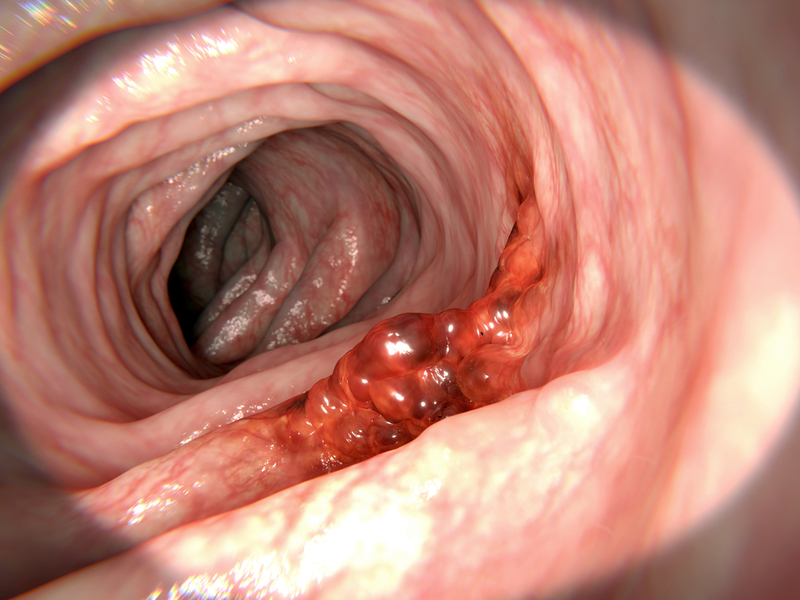Early screening based on family history may help in colorectal cancer detection
IANS Apr 21, 2020
Early screening of colorectal cancer in people who have a family history of the disease may help in early diagnosis, suggests a new study.
For our comprehensive coverage and latest updates on COVID-19 click here.

In an analysis that included information on adults diagnosed with colorectal cancer between 40 and 49 years of age, almost all patients could have been diagnosed earlier if they had been screened according to current family history-based screening guidelines. The findings are published early online in CANCER, a peer-reviewed journal of the American Cancer Society (ACS).
In many countries, colorectal cancer rates are rising in adults under 50 years of age. To identify those at risk, current guidelines recommend early screening for colorectal cancer among individuals with a family history of the disease. For example, for individuals with a first-degree relative with colorectal cancer, several medical societies recommend initiating screening at 40 years of age or 10 years prior to the age at diagnosis of the youngest relative diagnosed with colorectal cancer.
To estimate the potential impact of family history-based guidelines for screening, Samir Gupta, MD, of the VA San Diego Healthcare System and the University of California San Diego, and his colleagues examined information on individuals 40 to 49 years of age--2,473 with colorectal cancer and 772 without--in the Colon Cancer Family Registry from 1998 to 2007.
The investigators found that 25 percent of individuals with colorectal cancer and 10 percent of those without cancer met the criteria for family history-based early screening. Almost all (98.4 percent) patients with colorectal cancer who met these criteria should have been screened at a younger age than when their cancer was diagnosed. Therefore, they could have had their cancer diagnosed earlier, or possibly even prevented if earlier screening had been implemented based on family history-based guidelines.
"Our findings suggest that using family history-based criteria to identify individuals for earlier screening is justified and has promise for helping to identify individuals at risk for young-onset colorectal cancer," said Dr. Gupta. "We have an opportunity to improve early detection and prevention of colorectal cancer under age 50 if patients more consistently collect and share their family history of colorectal cancer, and healthcare providers more consistently elicit and act on family history," added Gupta.
-
Exclusive Write-ups & Webinars by KOLs
-
Daily Quiz by specialty
-
Paid Market Research Surveys
-
Case discussions, News & Journals' summaries